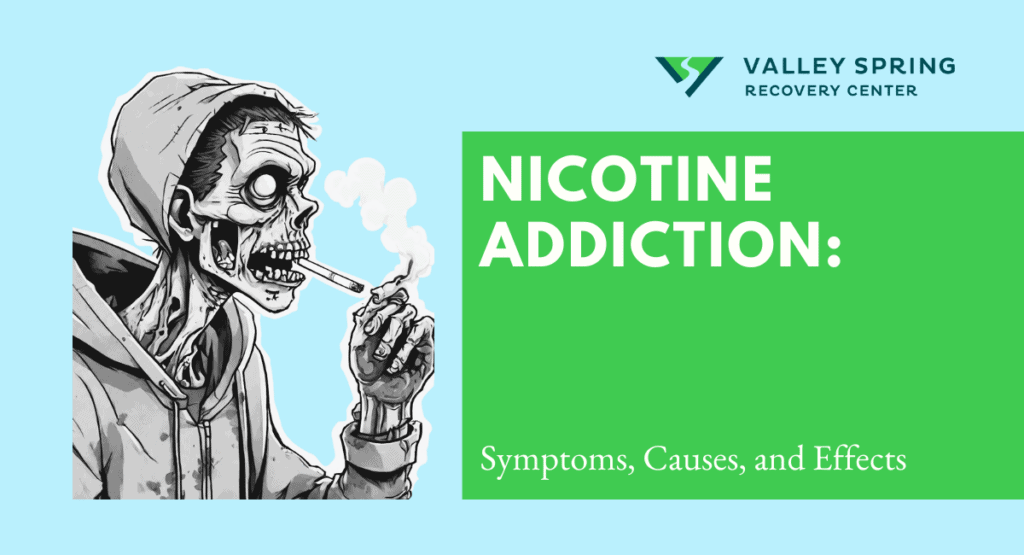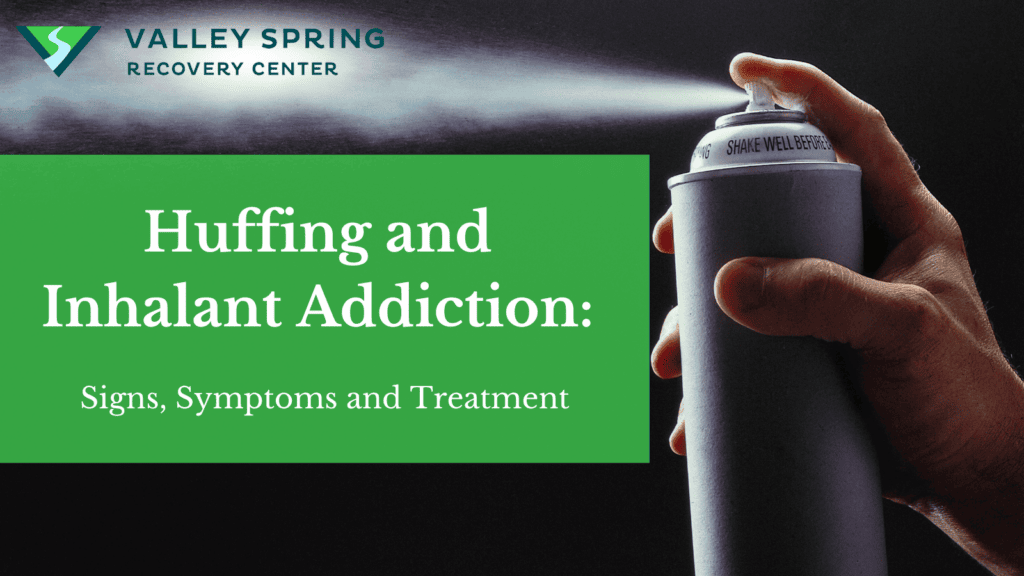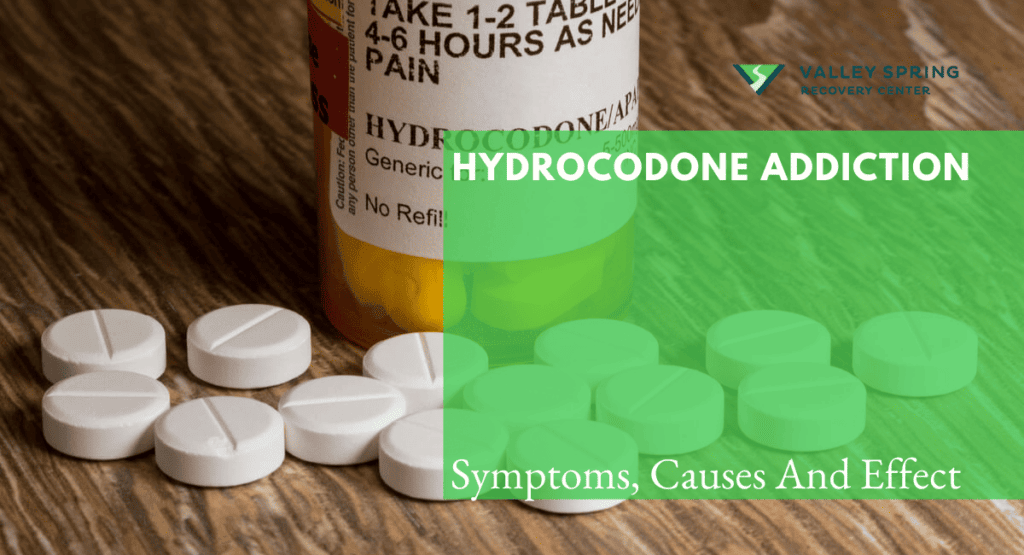Nicotine addiction is a complex issue characterized by a compulsive and persistent dependence on nicotine, resulting in cravings, withdrawal symptoms, and difficulty quitting.
The symptoms of nicotine addiction include cravings for nicotine, increased tolerance, withdrawal symptoms upon cessation, and persistent use despite negative consequences.
The causes of nicotine addiction involve a combination of genetic, environmental, and behavioral factors, with factors such as genetic predisposition, social influence, and repeated exposure to nicotine playing significant roles.
The effects of nicotine addiction can include an increased risk of heart disease, respiratory problems, cancer, mood alterations, strained relationships, and financial burdens.
What is Nicotine Addiction?
Nicotine addiction is a dependence on nicotine, a chemical found in tobacco products. It occurs when the brain develops a craving for nicotine, leading to a compulsive need to use tobacco despite its harmful effects. When nicotine is inhaled through smoking or other forms of tobacco use, it rapidly reaches the brain and activates reward pathways. This leads to the release of neurotransmitters like dopamine, creating a pleasurable sensation.
Over time, the brain adapts to the constant presence of nicotine by reducing its sensitivity to dopamine, causing individuals to need more nicotine to experience the same pleasure. This creates a cycle of dependence, where the person becomes reliant on nicotine to feel good. Attempts to quit often result in withdrawal symptoms such as irritability, anxiety, and cravings, making it challenging to break the habit.
Psychological factors, like habits and associations with certain activities, also contribute to nicotine addiction. Breaking the cycle involves a combination of behavioral interventions, support, and sometimes medications to manage withdrawal symptoms.
How Prevalent is Nicotine Addiction?
Nicotine addiction is common in all parts of the world, and many people do not know they’re addicted to the substance through their constant use of tobacco products. The World Health Organization estimates that there are approximately 1.27 billion tobacco users worldwide, leading to more than 5 million deaths each year.
Another 2017 study by the Centers for Disease Control reported that 19.3% of the US population over 18 years old used some form of tobacco products. Nicotine addiction rates exhibit gender and age disparities in the United States. Approximately 24.8% of men and 14.2% of women engage in cigarette smoking. Within age groups, the prevalence is 18.3% among adults aged 18-24, 22.5% among those aged 25-44, 21.3% among individuals aged 45-64, and 11% among adults aged 65 and older.
Why Do People Consume Nicotine?
People consume nicotine for various reasons, including addiction, stress relief, social and cultural influences, habit and ritual, and weight management. Nicotine is highly addictive and stimulates the release of dopamine in the brain, creating pleasurable sensations.
It can temporarily alleviate stress and tension, and it may be influenced by social factors and habits. Some individuals use nicotine to suppress appetite or fit into a specific group. However, it’s important to note that nicotine consumption carries significant health risks, including addiction and various adverse effects on physical health.
How Do People Consume Nicotine?
People can consume nicotine through various methods. Here are some common ways:
- Smoking
- Vaping
- Smokeless tobacco
- Nicotine patches and gums
- Nicotine-containing products
Note that while some nicotine delivery methods may be considered less harmful than smoking, nicotine itself is still addictive and carries health risks. Quitting nicotine consumption altogether is the best way to reduce these risks and improve overall health.
What are the Signs and Symptoms of Nicotine Addiction?
The signs and symptoms of nicotine addiction can range from physical to psychological, social, financial, and emotional. Below is a list of signs and symptoms you’ll notice if you or a loved one are addicted to nicotine use:
- Cravings and urges to use nicotine.
- Increased tolerance, requiring higher amounts of nicotine to achieve the desired effects.
- Withdrawal symptoms when attempting to quit or reduce nicotine consumption, including irritability, restlessness, anxiety, difficulty concentrating, increased appetite, insomnia, depressed mood, headaches, and intense cravings.
- Continued use of nicotine despite awareness of negative consequences, such as health risks, financial strain, strained relationships, social isolation, or legal issues.
- Spending a significant amount of time and effort obtaining nicotine, using it, and recovering from its effects.
- Failed attempts to quit or cut back on nicotine use.
- Neglecting or giving up on activities, hobbies, or relationships that were once important or enjoyable due to nicotine use.
- Physical and psychological dependence on nicotine, with withdrawal symptoms and cravings arising when nicotine levels drop.
- Using nicotine as a coping mechanism for stress, anxiety, or other emotional states.
- Development of rituals and habits around nicotine use, such as associating it with specific times, places, or activities.
- Difficulty concentrating or focusing without nicotine.
- Increased tolerance for nicotine’s stimulant effects, leading to the use of nicotine to maintain normal functioning.
- Experiencing restlessness or irritability when unable to use nicotine.
- Prioritizing nicotine use over other responsibilities, obligations, or social interactions.
- Experiencing a sense of relief or pleasure upon using nicotine.
- Feeling a loss of control over nicotine consumption, being unable to stop or cut back despite efforts to do so.
- Experiencing physical symptoms related to nicotine use, such as coughing, shortness of breath, or yellowing of teeth.
- Experiencing social pressure or influence to use nicotine.
- Experiencing a sense of identity or belonging associated with nicotine use.
- Feeling anxious or uncomfortable in situations where nicotine use is restricted or unavailable.
Nicotine addiction is a complex issue, and individuals may exhibit varying degrees of these signs and symptoms. If you or someone you know is struggling with nicotine addiction, seeking professional help and support can be beneficial in overcoming the addiction and improving overall health and well-being.
What are the Causes of Nicotine Addiction?
Nicotine addiction can be caused by a combination of factors, including biological, psychological, and social influences. Here are some common causes:
1. Nicotine’s Addictive Properties
Nicotine is a highly addictive substance that directly affects the brain’s reward system. It stimulates the release of dopamine, a neurotransmitter associated with pleasure and reinforcement, creating a sense of reward and reinforcing the desire to continue using nicotine.
2. Genetic Factors
Some individuals may have a genetic predisposition to nicotine addiction. Genetic variations can affect how the body metabolizes nicotine and how the brain responds to its effects, influencing the likelihood of developing an addiction.
3. Social And Environmental Factors
Social and environmental factors play a significant role in the initiation and maintenance of nicotine addiction. Peer influence, exposure to family members or friends who smoke, and societal norms regarding tobacco use can contribute to the development of addiction.
4. Psychological Factors
Certain psychological factors can increase the risk of nicotine addiction. Stress, anxiety, depression, and other mental health conditions can make individuals more susceptible to using nicotine as a coping mechanism. Nicotine may temporarily alleviate negative emotions or provide a sense of relief, leading to a cycle of dependence.
5. Early Initiation Of Tobacco Use
Starting tobacco use at a young age increases the risk of developing nicotine addiction. The adolescent brain is particularly vulnerable to the effects of nicotine, and early exposure can lead to lasting changes in brain structure and function.
6. Reinforcement And Conditioning
Nicotine addiction can develop through the process of reinforcement and conditioning. The pleasurable effects of nicotine, combined with environmental cues (such as specific locations or activities associated with smoking), create powerful associations that reinforce the habit of nicotine consumption.
7. Marketing And Advertising
Aggressive marketing and advertising by tobacco companies have played a significant role in promoting nicotine addiction. Targeted advertising, product design, and marketing strategies have aimed to attract new users and maintain existing customers.
It’s important to note that nicotine addiction is influenced by multiple factors. Understanding these causes can help in developing effective prevention and treatment strategies to address nicotine addiction and promote overall health and well-being.
What are the Effects of Nicotine Addiction?
Below are some of the most common effects of nicotine addiction categorized into different areas:
Physical Effects
- Increased heart rate and blood pressure: Nicotine stimulates the release of adrenaline, leading to an increase in heart rate and blood pressure. Prolonged nicotine use can strain the cardiovascular system and increase the risk of heart disease and stroke.
- Respiratory issues: Smoking and other forms of nicotine consumption can cause respiratory problems such as chronic cough, wheezing, shortness of breath, and increased susceptibility to respiratory infections.
- Reduced lung function: Nicotine can damage the air sacs and airways in the lungs, leading to decreased lung function and an increased risk of chronic obstructive pulmonary disease (COPD).
- Increased risk of cancer: Nicotine use, particularly smoking, is a major risk factor for various types of cancer, including lung, throat, mouth, esophageal, and pancreatic cancer.
- Compromised immune system: Nicotine can weaken the immune system, making individuals more susceptible to infections and impairing the body’s ability to heal wounds.
Psychological Effects
- Mood alteration: Nicotine has mood-altering effects, often inducing a sense of relaxation, stress relief, and temporary mood elevation. However, the effects are short-lived, leading to a cycle of dependence and the need for repeated nicotine consumption to maintain a stable mood.
- Increased anxiety and irritability: Nicotine withdrawal can lead to increased anxiety, irritability, restlessness, and difficulty concentrating. Nicotine addiction can create a cycle where individuals rely on nicotine to alleviate these withdrawal symptoms.
- Psychological dependence: Nicotine addiction often involves psychological dependence, where individuals associate nicotine use with daily routines, habits, and coping mechanisms. This psychological attachment can make it challenging to quit or reduce nicotine consumption.
Social and Interpersonal Effects
- Social isolation: Nicotine addiction can lead to social isolation as individuals may be restricted from smoking in certain social settings or may choose to avoid situations where smoking is not permitted.
- Strained relationships: The smell of smoke, health concerns, and conflicts over smoking habits can strain relationships with non-smokers or individuals who are concerned about the effects of nicotine use.
- Financial burden: Nicotine addiction can be costly, as individuals spend significant amounts of money on tobacco products or other forms of nicotine consumption. This financial strain can impact overall financial well-being and may lead to other financial difficulties.
- Stigma and social disapproval: Smoking, in particular, carries a social stigma due to the known health risks associated with tobacco use. Nicotine addiction may lead to social disapproval and judgment from others.
Other Effects
- Increased risk during pregnancy: Nicotine use during pregnancy can have serious health consequences for both the mother and the developing fetus, including increased risk of premature birth, low birth weight, developmental issues, and complications during childbirth.
- Negative impact on oral health: Smoking and tobacco use can lead to various oral health problems, including gum disease, tooth decay, tooth loss, and oral cancer.
- Reduced sense of taste and smell: Nicotine can impair the sense of taste and smell, potentially affecting the enjoyment of food and beverages.
The effects of nicotine addiction can vary among individuals, and long-term effects can be influenced by factors such as the duration and intensity of nicotine use, individual susceptibility, and concurrent health conditions.
What is the Difference Between Nicotine and Marijuana?
Nicotine and marijuana are two distinct substances with different chemical compositions and effects on the body. Here are some key differences between nicotine and marijuana:
Chemical Composition
- Nicotine: Nicotine is a naturally occurring alkaloid found in the tobacco plant (Nicotiana tabacum). It is a stimulant and the primary addictive substance in tobacco products.
- Marijuana: Marijuana, also known as cannabis or weed, is derived from the Cannabis sativa or Cannabis indica plant. It contains various compounds, including delta-9-tetrahydrocannabinol (THC) and cannabidiol (CBD), which are responsible for its psychoactive and medicinal effects.
Legal Status
- Nicotine: Nicotine is legal for adults in many countries and is commonly found in tobacco products such as cigarettes, cigars, and smokeless tobacco.
- Marijuana: The legal status of marijuana varies widely across different countries and regions. While some places have legalized its recreational and/or medicinal use, it remains illegal in many parts of the world.
Psychoactive Effects
- Nicotine: Nicotine is a stimulant that activates the release of neurotransmitters such as dopamine, leading to feelings of pleasure and increased alertness. It can also produce sensations of relaxation and stress relief.
- Marijuana: The psychoactive effects of marijuana primarily come from THC. It can produce a range of effects, including euphoria, relaxation, altered perception of time, increased appetite, and changes in sensory perception. The effects can vary depending on the strain, method of consumption, and individual tolerance.
Addictive Potential
- Nicotine: Nicotine is highly addictive and can lead to physical and psychological dependence. Regular use of nicotine can result in addiction and withdrawal symptoms when trying to quit or reduce consumption.
- Marijuana: While marijuana is not considered as physically addictive as nicotine, it can be psychologically addictive for some individuals. Dependency on marijuana can develop, and heavy, long-term use may lead to withdrawal symptoms such as irritability, sleep disturbances, and changes in appetite.
Medical Use
- Nicotine: Nicotine has limited medical use and is primarily used as a smoking cessation aid in nicotine replacement therapies (NRTs) such as nicotine patches, gums, and inhalers.
- Marijuana: Marijuana has been used for various medicinal purposes, particularly for managing symptoms such as chronic pain, nausea and vomiting, muscle spasms, and appetite stimulation in certain medical conditions. It is prescribed in some places where medical marijuana is legal.
Research and Regulation
- Nicotine: Nicotine has been extensively studied due to its widespread use and health implications. Regulations and public health campaigns aim to reduce tobacco use and raise awareness of its associated health risks.
- Marijuana: Research on marijuana and its effects is ongoing, but due to its legal status in many places, there have been limitations on rigorous scientific studies. However, there is increasing interest in exploring its potential medical benefits and safety.
It’s important to note that both nicotine and marijuana can have negative health effects and can lead to addiction. Therefore, their use should be approached with caution and in accordance with legal regulations and medical advice.
What are the Treatment Options for Nicotine Addiction?
There are several treatment options available for nicotine addiction. The effectiveness of each method may vary depending on individual circumstances. Here are some common treatment options for nicotine addiction:
1. Behavioral Counseling
Behavioral therapy or counseling is an essential component of nicotine addiction treatment. It can be provided in individual, group, or family settings. Counseling helps individuals identify triggers and develop coping strategies to overcome cravings and address the underlying psychological aspects of addiction. Techniques such as cognitive-behavioral therapy (CBT) and motivational interviewing are often used.
2. Medications
There are various medications available that can help individuals quit smoking or reduce nicotine dependence. These medications work by reducing cravings and withdrawal symptoms. Some commonly used medications include nicotine replacement therapy (NRT), such as nicotine patches, gum, inhalers, nasal sprays, and lozenges. Other prescription medications, such as bupropion and varenicline, can also be prescribed to help with nicotine addiction.
3. Combination Therapy
Combining behavioral counseling with medication can significantly increase the success rates of quitting nicotine. This approach addresses both the psychological and physiological aspects of addiction, providing a comprehensive treatment plan.
4. Support Groups
Support groups, such as Nicotine Anonymous or smoking cessation programs, can provide a supportive environment for individuals trying to quit nicotine. These groups offer peer support, share experiences, and provide encouragement during the quitting process.
5. Mobile Apps and Online Programs
There are various mobile apps and online programs available that provide support, resources, and tracking tools to help individuals quit nicotine. These digital resources can provide education, motivation, and real-time support, making them accessible and convenient for many people.
6. Mindfulness and Alternative Therapies
Mindfulness-based techniques, such as meditation and deep breathing exercises, can help individuals manage cravings and reduce stress associated with nicotine addiction. Some individuals also find alternative therapies, such as acupuncture or hypnosis, helpful in their quit-smoking journey, although scientific evidence for their effectiveness is limited.
7. Comprehensive Quit-Smoking Programs
Comprehensive quit-smoking programs, often offered by healthcare providers or specialized clinics, provide a holistic approach to nicotine addiction treatment. These programs combine counseling, medication, support groups, and other strategies to increase the chances of successfully quitting nicotine.
What does Nicotine do to the brain?
Nicotine affects the brain by binding to nicotine receptors and triggering the release of neurotransmitters, particularly dopamine, which plays a role in the brain’s reward system. This leads to feelings of pleasure and reinforcement.
Over time, the brain adapts to nicotine, developing a tolerance and requiring higher doses to achieve the same effects. Nicotine also causes changes in other neurotransmitter systems, affecting mood, cognition, and addiction pathways in the brain.
Are nicotine pouches an effective way to quit smoking cigarettes and vaping?
Nicotine pouches can be an effective tool for some individuals looking to quit smoking cigarettes and vaping. Nicotine pouches like Zyns provide a controlled dose of nicotine to help manage cravings and withdrawal symptoms. However, effectiveness varies among individuals, and they do not address the behavioral aspects of addiction. It’s important to use them as part of a comprehensive quit plan that includes behavioral support.
Dr. Michael Olla
All author postsShare This Post










